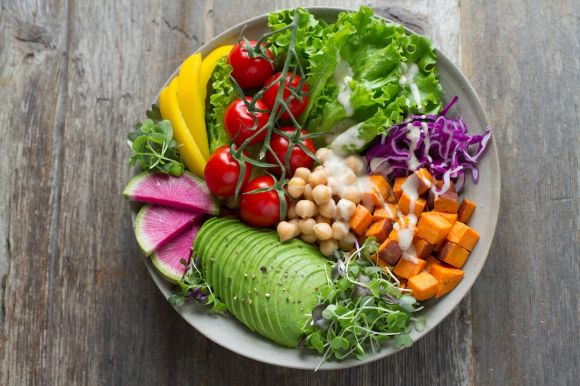In a world facing increasing environmental challenges, it is more important than ever to adopt sustainable practices in all aspects of our lives, including our food choices. Food sustainability refers to the production, distribution, and consumption of food in a way that minimizes harm to the environment, supports local communities, and ensures long-term food security. By making conscious decisions about what we eat, we can contribute to a healthier planet and a more sustainable future. Here are some tips to help you eat responsibly.
Choose Local and Seasonal Produce
One of the simplest ways to support food sustainability is by choosing local and seasonal produce. Buying locally helps reduce the carbon footprint associated with long-distance transportation, while also supporting local farmers and businesses. Additionally, eating seasonal fruits and vegetables means they are more likely to be grown in natural conditions, without the need for excessive energy, water, or synthetic chemicals.
Reduce Food Waste
Reducing food waste is another crucial aspect of food sustainability. According to the Food and Agriculture Organization (FAO), approximately one-third of all food produced worldwide is wasted. To combat this, plan your meals in advance, buy only what you need, and find creative ways to use leftovers. Composting is also a great way to reduce food waste and create nutrient-rich soil for your garden.
Opt for Plant-Based Meals
The production of animal products requires significant amounts of land, water, and feed, contributing to deforestation, water pollution, and greenhouse gas emissions. By incorporating more plant-based meals into your diet, you can help reduce these environmental impacts. Experiment with delicious vegetarian or vegan recipes, and consider participating in meatless Mondays or other similar initiatives.
Support Sustainable Fishing Practices
If you enjoy seafood, it is important to be mindful of where it comes from and how it is sourced. Overfishing and destructive fishing practices can deplete fish populations and harm marine ecosystems. Look for labels like MSC (Marine Stewardship Council) or ASC (Aquaculture Stewardship Council) to ensure that the seafood you buy comes from sustainable sources. You can also choose to eat lower on the food chain by opting for smaller fish species rather than large predatory fish.
Minimize Packaging Waste
Packaging waste is a significant contributor to environmental pollution and landfill accumulation. Whenever possible, choose products with minimal packaging or packaging that is recyclable or made from sustainable materials. Buying in bulk can also help reduce packaging waste. Consider bringing your own reusable bags, containers, and water bottles when shopping or dining out to further minimize waste.
Grow Your Own Food
If you have the space and resources, growing your own food is an excellent way to support food sustainability. Whether it’s a vegetable garden, herbs on a windowsill, or fruit trees in your backyard, growing your own food allows you to have control over the production process, reduces the need for transportation, and ensures access to fresh, organic produce.
Conclusion: Making a Difference through Responsible Eating
Food sustainability is not just a responsibility of governments and large corporations; it is a responsibility shared by individuals as well. By making conscious choices about the food we consume, we can contribute to a more sustainable future for both ourselves and the planet. These tips for eating responsibly are just a starting point. Embrace the power of your food choices and explore other ways to support food sustainability in your daily life. Together, we can make a difference.
